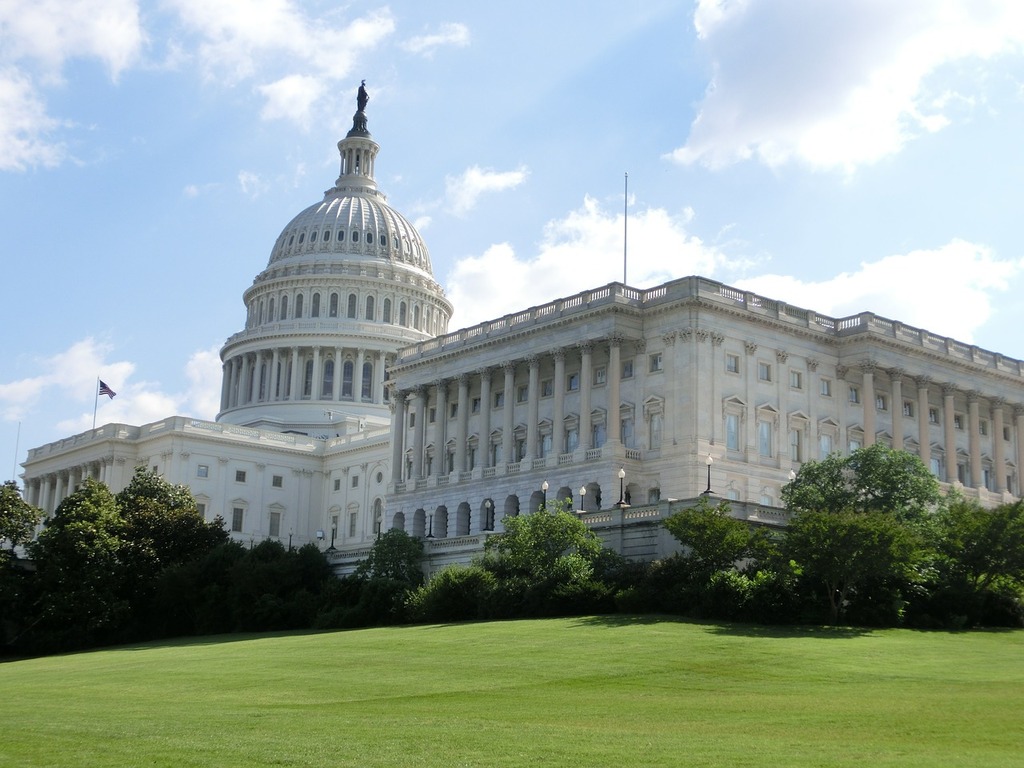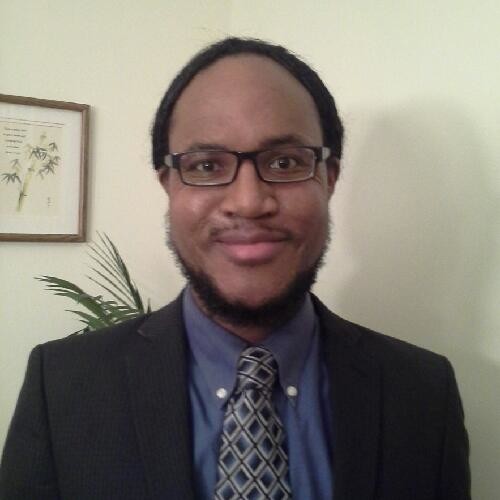
pixabay.com
House of Representatives
As the dust settles after the midterm elections, youth advocates are looking at the impact on young people.

Kisha Bird
While Republicans have cemented control of the Senate, Democrats gained a majority in the House of Representatives. That will make a difference in the oversight of Trump administration policies, said Kisha Bird, director of youth policy at CLASP, the Center for Law and Social Policy, a nonprofit organization that focuses on policies aiding low-income people.
Protections for young people eroded under the Trump administration, she said. Now she expects the House to hold hearings and provide oversight over agencies such as the Justice and Education departments.
Under President Donald Trump, the Education Department reduced protections by killing more than 1,200 civil rights investigations. Also killed was an Obama administration requirement allowing transgender students to use the bathroom of their choice. And the Justice Department’s Office of Juvenile Justice and Delinquency Prevention, OJJDP, quit tracking data comparing how youth of color are treated in the juvenile justice system.
“We need racial disparity data to pinpoint issues and to move toward solutions,” Bird said. While youth incarceration rates have dropped in recent years, the incarceration rate for youth of color has increased.
“What Congress can do is specifically hold the administration and officials accountable,” she said.
Congress can also guide the implementation of Trump’s legislation addressing the opioid epidemic so that youth and young adults get the resources they need, she said.
Rep. Bobby Scott, D-Va., will now head the House Committee on Education and the Workforce. Bird expects more focus on minimum wage and infrastructure to support young people in jobs, in skill building and in pathways to careers.
“Folks still recognize that although we are at historic low unemployment levels, many youth and young adults are not in the labor force or are in low-wage jobs without opportunity for advancement,” she said.
The stalled Higher Education Act could be addressed, she said. Last reauthorized in 2008, it governs how federal funds are provided to students and colleges.
Both parties support some youth issues
Some policies affecting young people, such as juvenile justice reform and after-school funding, have broad support across political parties.

Joshua Rovner
Joshua Rovner, senior advocacy associate at the Sentencing Project, is hopeful that the Juvenile Justice and Delinquency Prevention Act will be reauthorized. Last authorized in 2002, it sets standards for the treatment of youth in the juvenile justice system. Although separate bills have been passed by both houses of Congress, a combined bill has yet to be agreed upon.
“If that doesn’t happen, I expect we’ll again see strong and bipartisan support for a common-sense piece of legislation that has always been supported by both parties,” he wrote in an email.
Federal funding of after-school programs — under the 21st Century Community Learning Centers initiative — has had bipartisan support.
“After-school is what we call a purple [rather than red or blue] issue and I don’t think that’s going to change,” said Gina Warner, president and CEO of the National AfterSchool Association.

Gina Warner
But the 2018 midterm elections brought something new, a record number of women elected to Congress. Three women who are also mothers will represent Virginia in Congress, she said.
They understand the need for accessible and affordable after-school programs for children, Warner said.
A record number of educators ran for election this year also.
“I see that as a positive sign,” Warner said. Both groups understand that we need to invest in supporting our kids, she said.
District attorneys pledge reform
In addition to the House of Representatives, Democrats made gains at the state level.
Seven states saw a Democrat replace a Republican as governor, while one state, Alaska, saw a Republican replace a Democrat.
Most states are controlled by one party, with just 13 having a divided government.
Across the country, a number of district attorney candidates ran on a platform of criminal justice reform, said Alyson Clements, director of membership and advocacy for the National Juvenile Justice Network
“We know that the work of youth justice reform is really local,” she said. It often takes place at the city and school district level, she said.
In Dallas, Democrat John Creuzot pledged to reduce jail and state prison incarceration by 15 to 20 percent. He won the race for Dallas County district attorney. Republican Locke Thompson, who also ran on a reform platform, won in Cole County, Missouri. Clements sees both candidates as potential juvenile justice reformers.
Michigan is an example of a state that could see protections for juveniles move forward. Democrat Gretchen Whitmer defeated incumbent Gov. Bill Schuette in that state.

Jason Smith
“We’re hoping that with the changes in administration that juvenile justice policy will be more of a priority,” said Jason Smith, director of youth justice policy for the Michigan Council on Crime and Delinquency.
The state lacks good quality statistics, he said. “That’s something that’s desperately needed to implement any kind of reform.” It’s vital to know how many youth are served in the system and in various kinds of placements, he said.
In addition, current legislation in the state House of Representative would extend juvenile court jurisdiction to age 18. Michigan is one of only a handful of states that automatically prosecutes 17-year-olds as adults.
The Democratic governor will be working with a Republican-controlled legislature.
While juvenile justice reform is a bipartisan issue in the state, “we think that the governor-elect will be more supportive … than previous administrations,” Smith said.





























